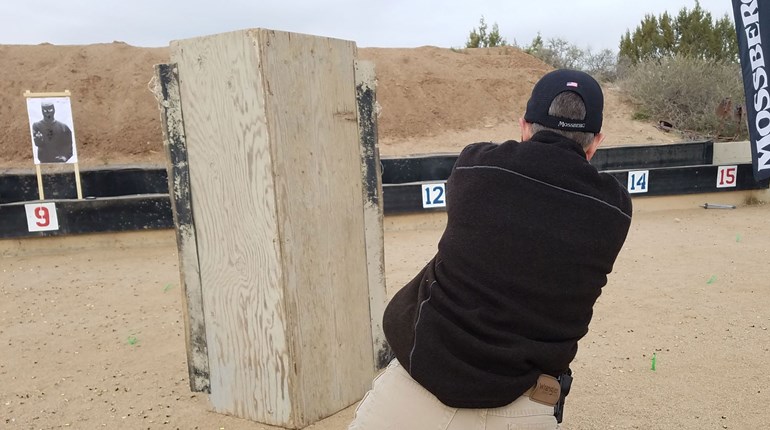
These are a number of crimes where the bad guy needs you to trust him so he can get you alone, get physically close to you, or convince you to go along with some plan that’s going to lead you into danger. This can include rape, date rape, kidnapping, and even muggings or assaults where the criminal needs to get into a more advantageous place or position to carry out his plans. Even con-men who do not plan to use physical violence, but who will hurt you financially or otherwise, will employ some of these methods.
These kinds of criminals use specific strategies to try to earn your trust. Author and security expert Gavin de Becker lays out a list of these strategies in his excellent book The Gift of Fear, and we’re going to take a look at each strategy to show you what it looks and sounds like and how you can guard against it.
This particular strategy can be referred to as Too Many Details. It’s oversharing. This goes beyond just crime—it’s a classic sign that someone is lying to you. Even little kids will use too many details when fibbing to their parents. If you’re telling the truth, you’re confident that no one has a reason to doubt you, so you don’t feel the need to fill out your story with tons of detail. When you’re lying, however, you’re worried that your story doesn’t sound credible, so you try to support it with “facts” and details. Someone who is lying will talk more than they need to and offer up details that aren’t relevant to anything.
A criminal who is trying to get you to believe something or to trust him might say things like:
“Let me help you load those groceries. I just got here myself and I’m on my way into the store. Girlfriend sent me out for ice cream and chips.”
“Waiting on a bus, huh? Me too. I’m headed to Midtown. I’m glad I made it—I was running late because my alarm clock didn’t go off this morning. I’ve had the thing 15 years, and I guess it finally died.”
[Arrives at the elevator at the same time as you] “Going to the 12th floor? Oh, me too. My friend from college works up there. We played football together until he blew out his knee.”
The longer a conversation goes on, the more details get thrown in, and it all starts to run together. This is why I don’t encourage you to engage in conversation or any interaction with men in transition zones or with people who make you uncomfortable—you start to get overwhelmed with details and lost sight of the context.
How to Defend Against Too Many Details
First, as with all of these strategies, keep the context in mind and consciously remind yourself: I am a woman alone, in an isolated area, and a total stranger has approached me. He’s throwing a lot of information at me, but still, I don’t know him and I didn’t ask him these questions.
Maybe the bad actor isn’t a stranger, but the same rule applies: Always remind yourself of the context. Remember where you are and what is happening. If you’re on a date or getting friendly with a new guy at a frat party, but you’re over it now and he keeps laying on the charm and oversharing to keep the conversation going, remind yourself: “I have asked him to leave twice” or “I have already told him I’m not interested in going upstairs with him.”
As with all of these criminal strategies, context is key. Some people are just natural talkers and over-sharers. It’s part of their personality to ramble on to strangers and not take the hint that the conversation is unwanted. Context is key: If you are with someone in an isolated or semi-isolated area and they’re keeping a conversation going and throwing in tangential details, they might be lying to you for a nefarious purpose, particularly if you recognize other criminal strategies at work, such as charm, forced teaming or the unsolicited promise.
—Jo Deering














































